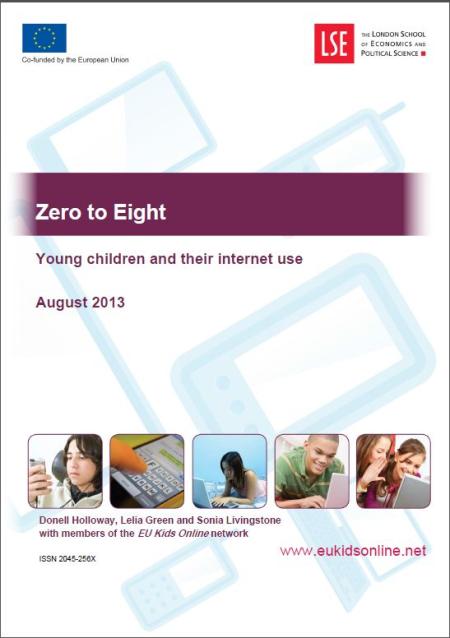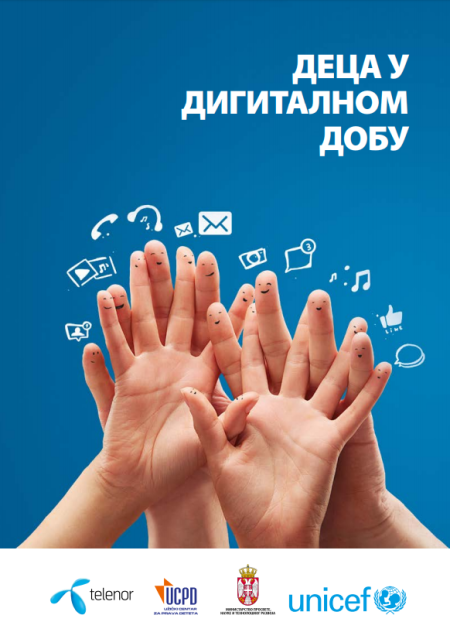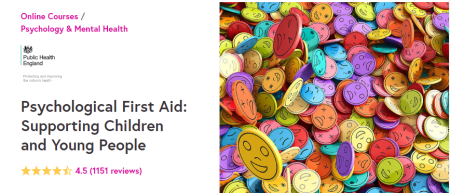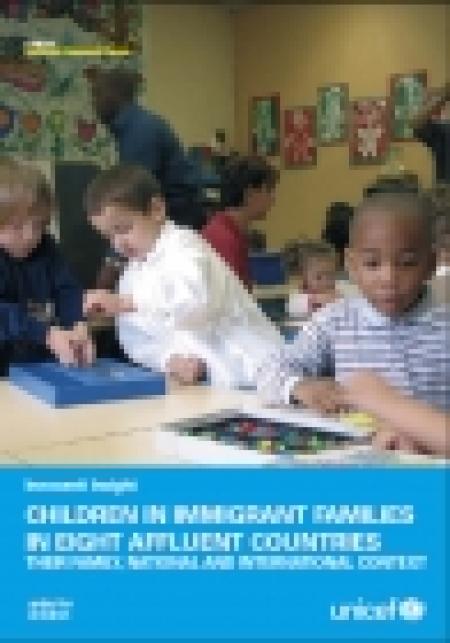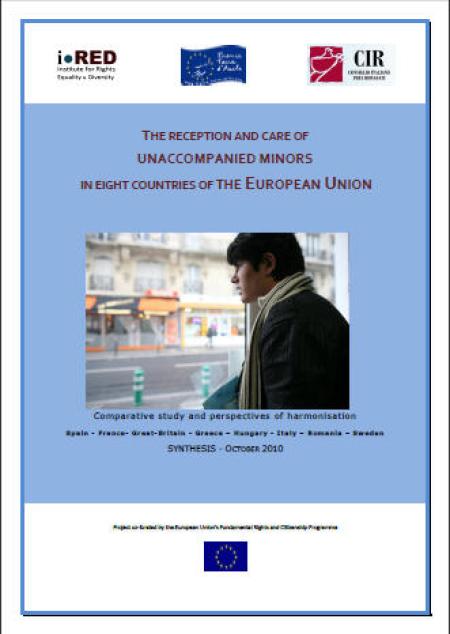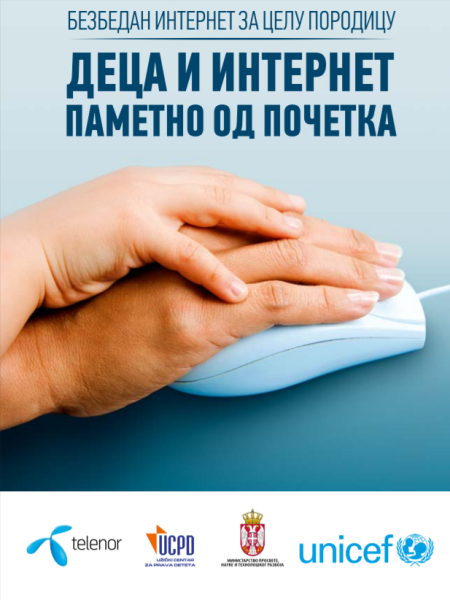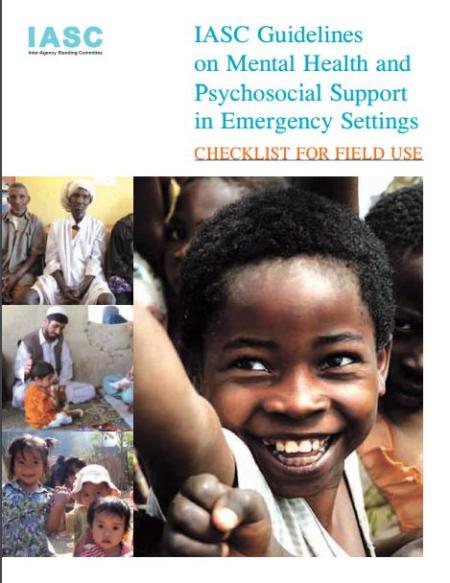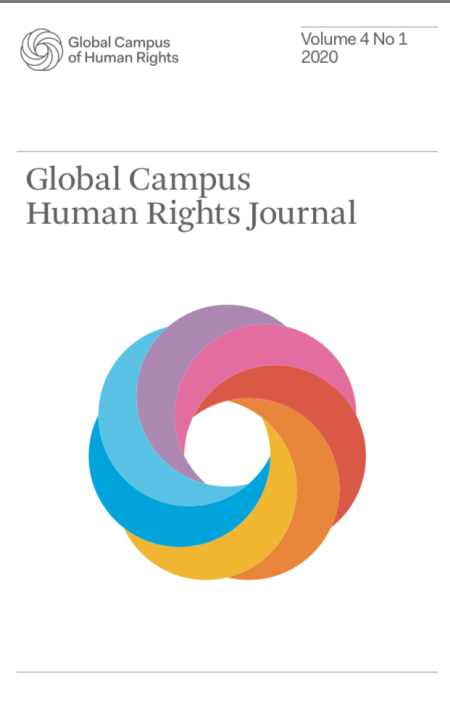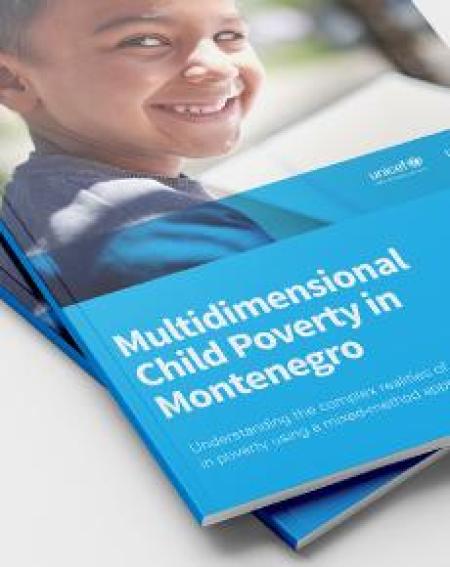
EU Kids Online has spent seven years investigating 9-16 year olds’ engagement with the internet, focusing on the benefits and risks of children’s internet use. While this meant examining the experiences of much younger children than had been researched before EU Kids Online began its work in 2006, there is now a critical need for information about the internet-related behaviours of 0-8 year olds. EU Kids Online’s research shows that children are now going online at a younger and younger age, and that young children’s “lack of technical, critical and social skills may pose [a greater] risk”. This report critically reviews recent research to understand the internet use, and emerging policy priorities, regarding children from birth to eight years old. Key findings are as follows: – Over the last five to six years there has been a substantial increase in internet usage by children under nine years old. – The substantial increase in usage by very young children has not yet been matched by research exploring the benefits and risks of their online engagement. – Children under nine years old enjoy a variety of online activities, including watching videos, playing games, searching for information, doing their homework and socialising within children’s virtual worlds. – It has not been established that children under nine years old have the capacity to engage with the internet in a safe and beneficial manner in all circumstances. – Video sharing sites are popular with children in this age group and are one of the first sites very young children visit. – There is an emerging trend for very young children (toddlers and pre-schoolers) to use internet connected devices, especially touchscreen tablets and smartphones. – The variety of internet connected devices and apps available today risks compromising the privacy and safety of young children.


